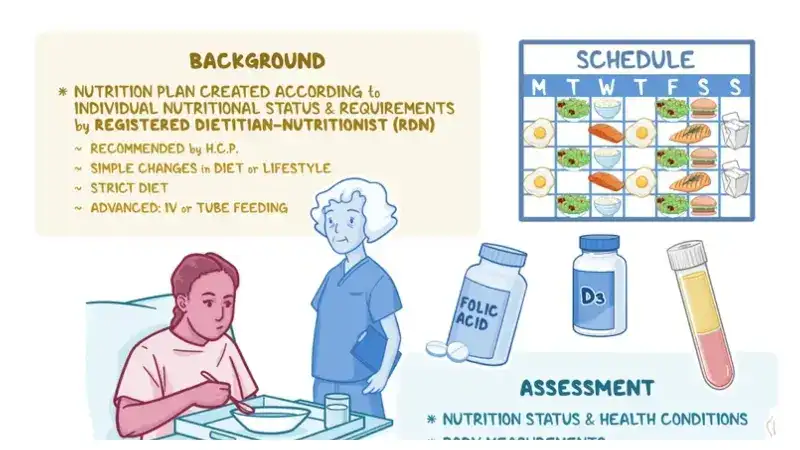How do critical care patients receive the nutrition they need during recovery? What role does nutritional therapy play in helping them regain strength and improve health outcomes? Comprehensive care is essential for these individuals, ensuring all aspects of their health are addressed.
Enteral feeding is a key method for providing essential nutrients directly to the digestive system. Here, we will focus on its importance in critical care settings. Understanding its benefits can help you understand why it is vital for fast recovery and well-being.
Supporting Nutritional Needs During Critical Illness
Critical care patients experience a rapid depletion of their Nutritional Therapy during illness and treatment. Their bodies face immense stress, increasing the demand for vital energy and nutrients. This feeding technique ensures these nutrients are delivered efficiently and effectively to meet their needs. This method helps maintain energy levels, promoting healing and better recovery outcomes.
Tailored Nutritional Formulas for Individual Needs
Every high-risk patient has unique dietary needs, and tube feeding allows for customised solutions. Healthcare providers adjust the formula based on individuals’ medical conditions and Nutritional Therapy requirements. Whether an individual requires higher protein or additional electrolytes, this technique can meet those needs. This personalised approach ensures that each receives the most appropriate dietary support during recovery.
Promoting Gut Function and Preventing Atrophy
Gastrofeeding promotes gut function, which prevents atrophy in care patients. Keeping the gastrointestinal system active reduces the risk of intestinal issues from prolonged inactivity. This keeps the gut engaged, supporting absorbing vital nutrients necessary for healing. Patients who maintain gut function typically experience fewer complications during their critical care stay.
Reducing the Risk of Infections
High-risk patients are highly vulnerable to infections, especially when using invasive methods like parenteral feeding. This process minimises this risk by using the digestive system, reducing the need for intravenous lines. These lines can serve as entry points for infections, posing a danger to critically ill individuals. Such an approach lowers infection risk, making it a safer choice in critical care settings.
Maintaining Immune Function Through Adequate Diet
Adequate dietary intake through this therapy is key in supporting immune function in critical patients. These people often have weakened immune systems, making them more susceptible to infections and complications. The technique provides essential nutrients that strengthen the immune response and promote faster recovery. A balanced intake of vitamins and minerals is quite crucial for a robust immune system.
Facilitating Early Recovery and Reducing Hospital Stay
Patients receiving this direct digestive feeding often experience faster recovery times than other methods. A proper food supply gives the body the necessary resources to repair tissue and promote healing effectively. Faster recovery frequently leads to shorter hospital stays, which helps reduce the strain on healthcare resources. Additionally, it enables individuals to regain strength and begin rehabilitation therapies sooner.
Minimising Complications Related to Dietary Deficiencies
Nutritional deficiencies can lead to severe complications in critical care patients if left unaddressed during treatment. Enteral nutrition ensures consistent delivery of essential nutrients to prevent these potentially dangerous deficiencies. Deficiencies in protein, vitamins, or electrolytes can delay recovery or worsen existing conditions in patients. These formulas are specifically designed to prevent such complications from arising.
Improving Quality of Life During Recovery
Transitioning to recovery can be challenging for critical care patients without proper nutritional support. This feeding process helps improve the quality of life during recovery by providing an adequate food supply. Continuous support allows patients to regain strength and energy, facilitating their participation in daily activities. As a result, it supports recovery and enhances overall well-being.
Thus, proper nutritional support is essential for ensuring a smooth recovery and improved quality of life. Securing expert medical guidance for enteral feeding helps prevent complications during critical care. It is important to source high-quality products from reliable and trusted suppliers. Take control of your loved one’s health by choosing the best care and nutrition solutions. Contact us for more details

